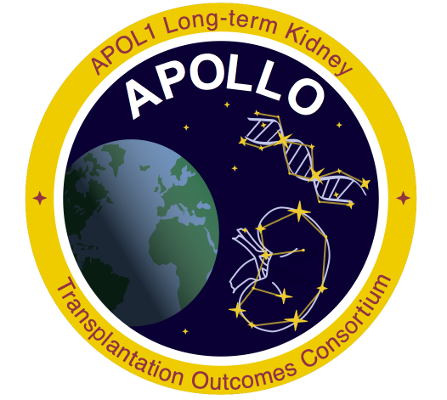

Glenda Roberts new co-chair of APOLLO Community Advisory Council
Glenda Roberts, director of external relations and patient engagement, Kidney Research Institute (Nephrology) has been selected to serve as a voting member on the APOLLO Steering Committee and as the new co-chair of the APOLLO Community Advisory Council.
APOLLO (APOL1 Long-term Kidney Transplantation Outcomes) is a national observational study that tests kidney donors and kidney transplant recipients for variants of the apolipoprotein L1 gene (APOL1) to determine whether they impact outcomes.
The APOLLO study is being done in an attempt to improve outcomes after kidney transplantation and to improve the safety of living kidney donation based upon variation in the apolipoprotein L1 gene (APOL1). Genes control what is inherited from a family, such as eye color or blood type.
Variation in APOL1 can cause kidney disease. African Americans, Afro-Caribbeans, Hispanic Blacks, and Africans are more likely to have the APOL1 gene variants that cause kidney disease.
APOLLO will test DNA from kidney donors and recipients of kidney transplants for APOL1 to determine effects on kidney transplant-related outcomes.
The Community Advisory Council (CAC) provides input and guidance to the APOLLO study on all matters, including recruitment, retention and return of results. The CAC comprises individuals who have received a kidney transplant, have chronic kidney disease (CKD), have donated a kidney, or have relatives with CKD and who identify as Black or African American.